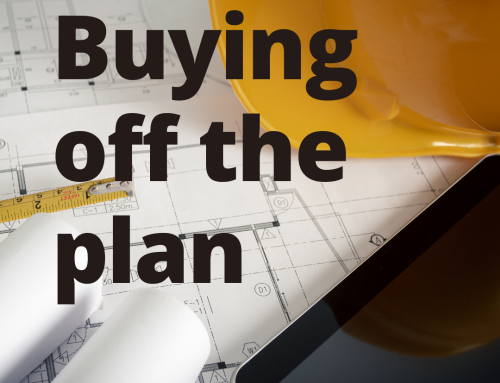 There’s something thrilling about building your very own, brand spanking new home!
There’s something thrilling about building your very own, brand spanking new home!
Perhaps it’s the knowledge that everything will be fresh and new, or the freedom that comes with being able to design the property to suit your own tastes and lifestyle needs. Always dreamed of having a lap pool? Why not! Like the idea of a home studio? Let’s make it happen!
When building your own home, there’s a new chapter to begin, new adventures to be had and new memories to make. So, whether you’re planning on doing the building yourself, or you’re purchasing off the plan, talk with us now about securing the right finance!
Building your own home
When you build a new home, the right loan could potentially help you save a lot of money on interest. For example, a construction loan allows you to borrow in stages, while your home is being built. Rather than providing the full loan amount at once, the lender breaks the loan down into “progress draws”, and pays these to the builder in stages throughout the construction process. This arrangement means you only have to pay interest on the loan amount you have actually used.
Your lender will usually require council approved plans and a fixed price building contract before they will approve a construction loan. The lender’s valuation expert will use these to help estimate the on completion value of the property, and the lender will then assess the final loan application on whatever is less – the land price and cost of construction, or the on completion value.
The advantages of construction loans
With construction loans, you only pay interest on what you’ve actually drawn down, not the maximum loan amount you’ve signed up for. What’s more, loan repayments are usually interest only during construction.
As each phase of construction is completed, the lender’s valuation expert usually inspects the building progress on behalf of the lender and then authorises the next draw down on your loan to pay to the builder. Then at the end of the construction process, you can choose the type of loan you’d like to use moving forward – this could be a fixed rate loan, a variable rate loan, or another type of loan, depending on your circumstances and objectives. (So do talk to us about your options before you decide.)
Perhaps the biggest benefit of a construction loan is the way your builder is paid. Construction loans help to give you a level of protection, because cash is not paid to the builder until the work is completed and inspected at each stage. This can often help to prevent construction falling behind schedule, or potentially aid in early detection if there are any issues with the build or the quality of work.
Some lenders charge a slightly higher interest rate for construction loans, so it pays to ask us to shop around amongst lenders. Talk to us and we’ll ensure you have the right kind of construction loan for your particular needs and are fully aware of exactly how much it will cost. If necessary, we may advise you to use another loan alternative, like setting up a line of credit facility, for example.
Buying off the plan
Buying off the plan is a term used to describe buying a home from a developer before it has been built. If you’re buying property off the plan, you’ll only have to pay the deposit up front. However, organising your finances may not be quite as straight forward as with purchasing an established home, as there is usually a considerable period of time between paying your deposit and final loan settlement. You will also need to get advice from a solicitor regarding the details in the contract for your off the plan home purchase, to make sure you and the developer are on the same page regarding what the price includes before you sign the contract.
As your mortgage broker, we are here to explain the process of buying off the plan, help you line up your professional team, and help you find the most suitable loan for your needs and objectives. We can also help you arrange your deposit, whether it’s in the form of a bank guarantee, deposit bond or cash, and oversee the payment process for you. It’s also very important to organise conditional loan approval (finance in principle) with your chosen lender before construction of your off-the-plan property begins, so do give us a call before you sign on the dotted line.
Talk with us about finance before you get started!
There are many important things to consider when buying off-the-plan, or building your own home. For example, once the property is built, most lenders will require a valuation on the finished product before approving your final loan and proceeding to settlement. If a problem arises, such as the value of the completed home is less than you anticipated, construction is delayed, or the build costs more than you expected, having a finance professional on your team could make all the difference to the outcome.
If you’re a first time buyer, you may also be eligible for the First Home Owner Grant (FHOG) when building your own home or buying off the plan. You may qualify for stamp duty concessions or exemptions in some circumstances, even if it’s not your first home. Speak to us and we’ll help you check what concessions you may be eligible to receive.
It pays to get professional advice about your finances when building your own home, and planning ahead is the key to success. Construction loans can be complicated and the timing can be tight with off the plan mortgages, which is why it’s a good idea to call us for help. We’re here to give you support throughout the process and help you secure a suitable finance solution for your needs and goals, so if you’re ready to stop dreaming and make building your own home a reality, please call us today on 0437 498 800.





